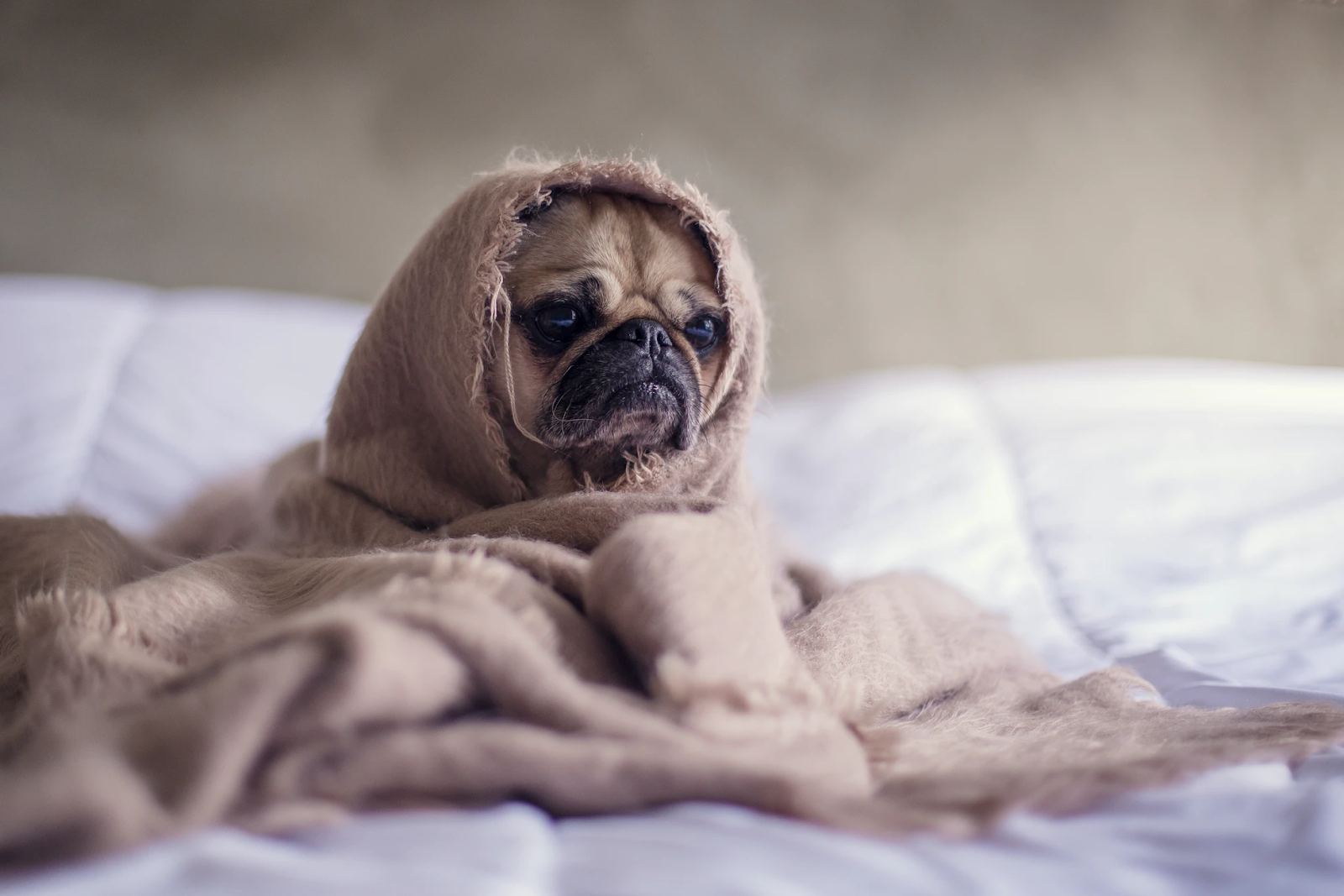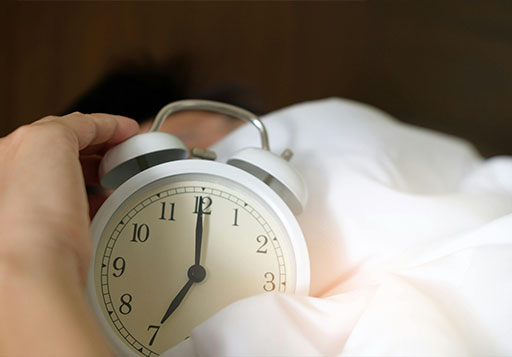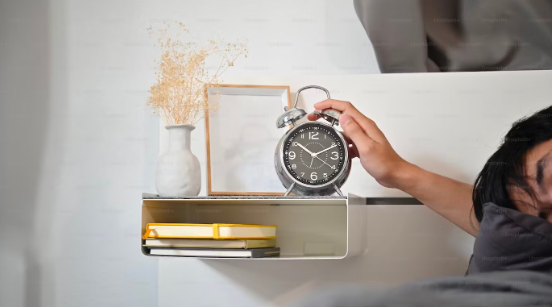Does quality sleep help protect you against covid-19?

Author: Jonathan Warren

Does quality sleep help protect you against Covid-19?
The last year has been dominated with health concerns as a result of the pandemic, but despite there being plenty of guidance on how social distancing and personal hygiene measures can help in the fight against Covid-19, less has been said about the importance of sleep and the immune system.
Now that we are turning the corner with the continual uptake of vaccines, we've taken a look at some key questions when it comes to Covid-19 and sleep. Does sleeping increase immunity? And why does sleep help recovery? There's no denying the importance of sleep in everyday life, but getting better quality shuteye might just be another weapon in the battle against the virus.
Sleep and the immune system
Sleep is vital for our health and wellbeing. A lack of quality sleep can be truly detrimental to our immune systems, as bad sleep interrupts the good work undertaken by T cells in our body.
‘T cells’ are white blood cells which play a key role in our immune systems, helping to spot foreign invaders and activate ‘integrins’ (a type of protein) which then attach themselves to infected cells, killing them off. If you are sleep deprived, your T Cells become less effective at detecting and fighting off viruses. In short, bad sleep means you are more susceptible to illnesses like the common cold.
Sleep can also be key to combating other more serious medical conditions. Missing out on deep sleep can alter the way our bodies process glucose, giving rise to the risk of type 2 diabetes and longer term sleep deprivation is often associated with increased blood pressure and heart rate which could cause complicated heart problems.
How a healthy amount of sleep can increase resistance against Covid-19
When it comes to boosting our immune systems, the majority of us would most likely be searching online for the best multivitamins to add to our morning routine rather than thinking about sleep. But a quality night's kip is key to helping your white blood cells do their job as efficiently as possible and keep you as fit and healthy as possible.
If you're getting a restful and revitalising sleep each night, you might not be immune from covid-19, but you'll be giving your body the best chance at fighting off illnesses and protecting both your physical and mental health.
Could healthy sleep support covid vaccine effectiveness?
The introduction of covid-19 vaccines has been very welcome news for all during the pandemic, but unfortunately none of the various vaccines will offer 100% protection from coronavirus. We know that quality sleep can boost our general health but does sleeping increase immunity from the virus and support vaccine effectiveness?
Unfortunately the vaccine, and even the virus itself, are relatively new phenomena and as such we don't have enough information to understand whether a good sleep cycle has any positive benefit on the vaccines effectiveness. But that doesn’t mean that quality sleep is a waste of time – for better physical and mental health, it's essential.
How sleep can help you recover from other ailments
Beyond covid, there are plenty of other ailments or issues which sleep can help to tackle. Quality sleep is a gateway to better mental health, as sleep is when our brains process emotional information from a day's worth of mental exertion. A lack of sleep can also make health issues such as anxiety or depression worse so it's vital for your mind to get as restful a night's sleep as possible so you can feel the mental benefits as well as the physical!
Whether you're a professional athlete or tackling the NHS's Couch to 5K, recovery is an essential part of exercise and physical health. Better quality sleep can help your body recover from strenuous activity, reduce your overall risk of injury and improve your concentration and decision-making when you next take to the field. To adapt a classic phrase: work hard, rest hard! You can also take a look at our Best Mattresses for Athletes and Sport Recovery to make sure you can make the most out of your physical performance.
Sleep is also essential when it comes to letting your hair down, too. Now that we can venture to pubs indoors and it won't be long until nightclubs are back in full swing, a hangover is a strong possibility if you haven't been able to enjoy a tipple or two with your friends in recent months. Unfortunately, sleep deprivation is a common theme of a hangover and this can exacerbate headaches and irritability. Getting a good night's kip is a great way of combating the effects of a night on the town!
Struggling to sleep? Say no more. Check out our recent blog for all our top tips and tricks about how to improve sleep quality.



